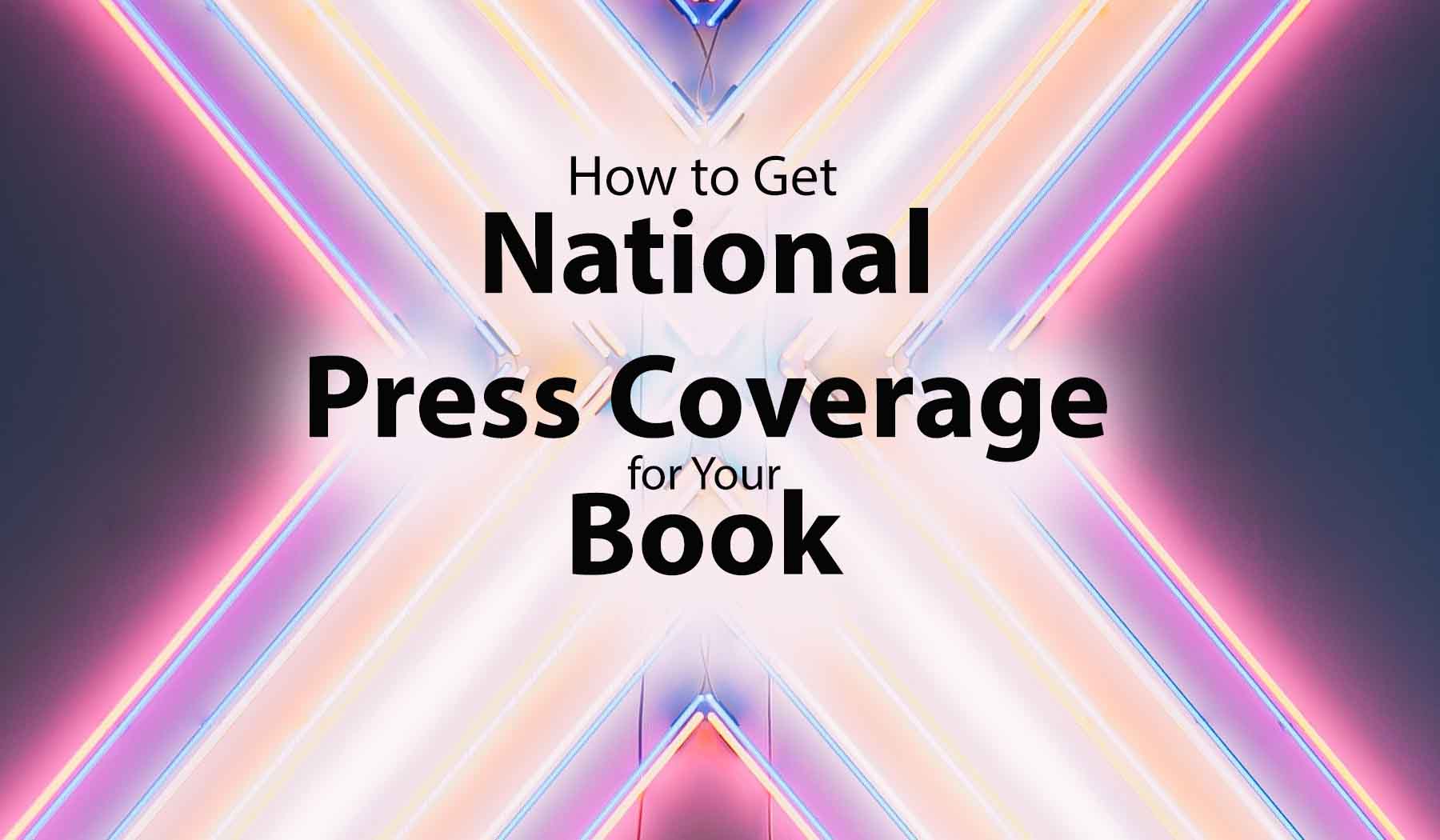Are you an aspiring author looking to gain exposure for your book on a national scale?
Securing coverage in the national press can be a game-changer for your writing career.
It not only enhances your credibility but also helps you reach a wider audience and boosts book sales.
In this blog post, we’ll provide you with a step-by-step guide on how to increase your chances of getting your book featured in the national press.
1. Craft a Compelling Press Release
A well-crafted press release serves as your first introduction to journalists and editors.
To ensure that your press release grabs attention and stands out from the crowd, follow these tips:
- Start with a captivating headline: Grab the reader’s attention right from the start with a catchy headline that highlights the unique aspects of your book.
- Write a concise and engaging summary: Summarize your book’s key points, themes, and why it’s worth covering in a concise and engaging manner.
- Include relevant quotes: Incorporate compelling quotes from your book or endorsements from reputable sources to add credibility and intrigue.
- Provide contact information: Include your contact details, such as email address and phone number, so journalists can easily reach you for further inquiries.
2. Research Target Publications
Identify the national publications that align with your book’s genre, subject matter, or target audience.
This step is crucial as it ensures you’re targeting the right outlets to maximize your chances of coverage.
Consider the following:
- Niche publications: Look for national publications that focus on topics related to your book. For example, if you’ve written a historical fiction novel, target publications that cover historical events or literature.
- Book review sections: Research publications known for their book review sections, as they are more likely to feature new releases and debut authors.
- Journalists’ interests: Investigate the interests and preferences of journalists who cover books or related topics. Personalize your pitches to align with their interests for a higher chance of success.
3. Build Relationships with Journalists
Establishing relationships with journalists and editors is a long-term investment that can greatly increase your chances of securing coverage.
Follow these strategies to build meaningful connections:
- Engage on social media: Follow journalists and engage with their content on platforms like Twitter, LinkedIn, and Facebook. Share valuable insights or comments related to their work.
- Attend industry events: Participate in book fairs, writing conferences, and literary events to network with journalists and make a lasting impression.
- Offer exclusive content: Provide journalists with exclusive excerpts, author interviews, or behind-the-scenes insights to showcase your book’s unique selling points.
4. Personalize Your Pitch
When reaching out to journalists and editors, it’s essential to personalize your pitch.
A generic email blast is unlikely to grab their attention.
Consider these tips to make your pitch stand out:
- Research their recent work: Familiarize yourself with their recent articles or segments to demonstrate your genuine interest in their coverage.
- Connect your book to current events or trends: Highlight how your book relates to current discussions or trends, making it more relevant and timely.
- Craft a compelling subject line: Use a subject line that piques curiosity and clearly conveys the value of your book. Avoid generic or spammy-sounding subject lines.
5. Offer Review Copies and Press Kits
Providing journalists with review copies and well-prepared press kits increases the likelihood of them considering your book for coverage.
Ensure your press kit includes:
- A professionally written author biography: Share a concise and engaging author biography that highlights your background and expertise.
- Book synopsis and key details: Include a compelling synopsis, notable endorsements and key details such as the book’s ISBN, release date, and publisher information.
- High-quality author photo and book cover: Include high-resolution images of yourself and the book cover to enhance the visual appeal of your press kit.
- Sample chapters or excerpts: Provide a taste of your book by including a few sample chapters or compelling excerpts that showcase your writing style.
- Press releases and media coverage: If you have any previous press releases or media coverage related to your book, include them to demonstrate existing interest and credibility.
6. Follow Up Professionally
After sending your initial pitch or press release, it’s important to follow up professionally to ensure your message doesn’t get lost in a busy journalist’s inbox.
- Here are some best practices for following up:
- Wait a reasonable amount of time: Give journalists a reasonable amount of time to review your pitch before following up. Generally, waiting 7 to 10 days is appropriate.
- Send a polite and concise follow-up email: Craft a polite and concise follow-up email reminding the journalist about your book and expressing your continued interest in their coverage.
- Offer additional information or interviews: Use the follow-up email as an opportunity to provide additional information, offer interviews, or suggest any newsworthy angles related to your book.
7. Leverage Media Connections
If you have any existing media connections or endorsements from well-known individuals, leverage them to increase your chances of securing coverage in the national press.
Consider the following strategies:
- Utilize professional networks: Reach out to professional organizations, writing associations, or literary communities where you have connections to see if they can provide introductions or recommendations to journalists.
- Leverage endorsements: If your book has received endorsements from renowned authors, experts, or public figures, mention them in your pitches to add credibility and generate interest.
8. Be Persistent and Patient
Securing coverage in the national press is a competitive endeavor, and it may take time to receive a response or get your book featured.
It’s crucial to stay persistent and patient throughout the process.
Remember:
- Follow up strategically: Plan a follow-up schedule to maintain regular communication with journalists while respecting their time and workload.
- Consider alternative outlets: If you don’t receive a response from your initial targets, consider pitching to regional publications, online platforms, or podcasts that may still provide significant exposure.
- Continue marketing efforts: In the meantime, continue marketing your book through other channels, such as social media, book signings, author events, and local press, to build momentum and attract attention.
Gaining coverage in the national press for your book can significantly elevate your author profile and attract a wider readership.
By crafting a compelling press release, researching target publications, building relationships with journalists, personalizing your pitch, offering review copies and press kits, following up professionally, leveraging media connections, and staying persistent, you increase your chances of getting your book featured in the national press.
Remember, the journey to national coverage may take time, but the rewards can be truly transformative for your writing career.








